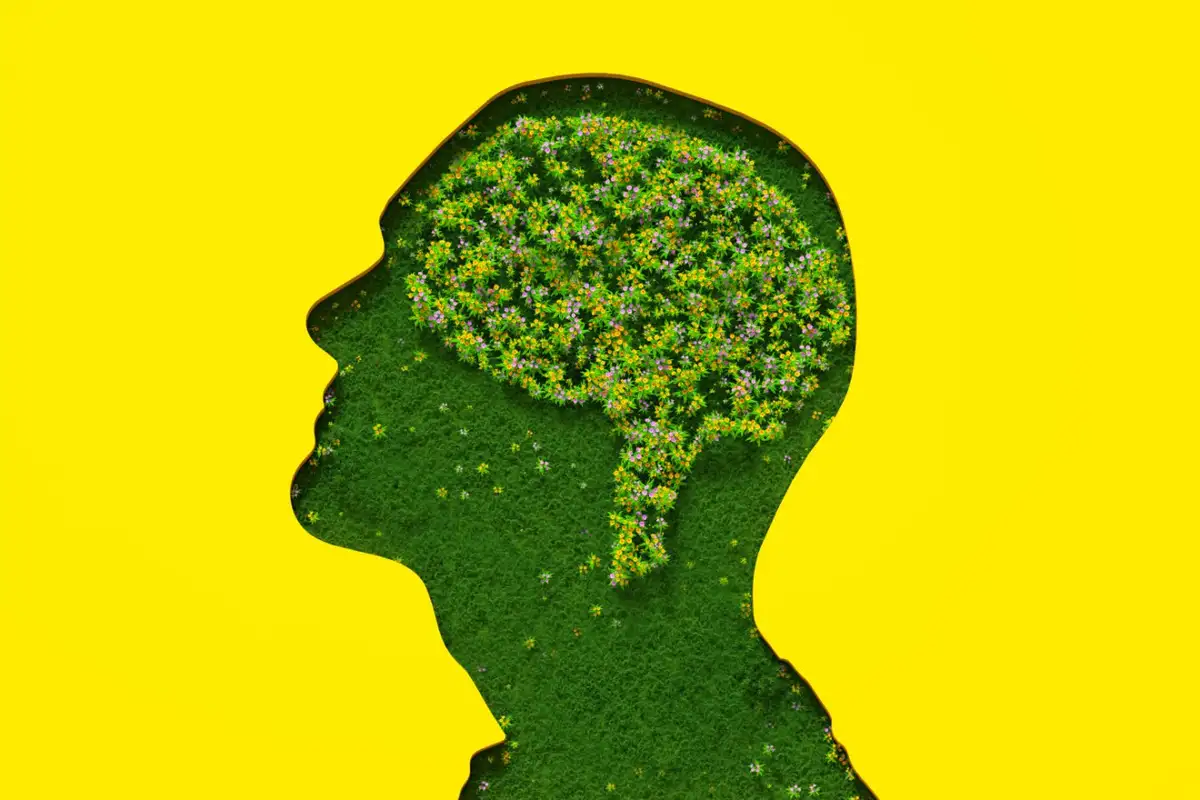Mental health disorders can be challenging to diagnose, especially because they often manifest in various ways. However, early diagnosis and treatment of mental health disorders can lead to improved outcomes, making it crucial to recognize the symptoms. In this article, we will explore the common symptoms of mental health disorders, helping you identify when to seek professional help.
Mental health disorders can affect anyone, regardless of age, gender, or background. These disorders can impact an individual’s mood, behavior, and thoughts, leading to distress and impairment in daily functioning. The symptoms of mental health disorders vary from person to person, making it crucial to identify them to receive appropriate treatment.
Common Symptoms of Mental Health Disorders
Changes in Mood
Mood changes are a common symptom of mental health disorders, such as depression and bipolar disorder. Individuals may experience feelings of sadness, hopelessness, and worthlessness for extended periods. They may also experience mood swings, ranging from feeling excessively happy to feeling irritable or angry.
Changes in Behavior
Changes in behavior are another common symptom of mental health disorders. Individuals may experience changes in their eating or sleeping habits, including eating too much or too little, or sleeping too much or too little. They may also exhibit social withdrawal, loss of interest in activities they previously enjoyed, or difficulty concentrating.
Changes in Thinking
Changes in thinking are also common symptoms of mental health disorders, such as anxiety and schizophrenia. Individuals may experience excessive worrying or racing thoughts, making it difficult to focus on daily tasks. They may also experience delusions or hallucinations, perceiving things that are not present in reality.
When to Seek Professional Help
It’s essential to seek professional help if you or a loved one experiences any of the above symptoms for an extended period. Mental health disorders can worsen over time and lead to severe consequences, such as suicide attempts. A mental health professional can provide an accurate diagnosis and recommend appropriate treatment options, such as therapy or medication.
Conclusion
Mental health disorders can be challenging to diagnose, but recognizing the symptoms can lead to early diagnosis and improved outcomes. Changes in mood, behavior, and thinking are common symptoms of mental health disorders, making it crucial to seek professional help if you or a loved one experiences them for an extended period. Remember that seeking help is a sign of strength, and early intervention can improve your quality of life.
FAQs
1- Can mental health disorders be cured?
While mental health disorders cannot be cured, they can be treated with appropriate interventions, leading to improved outcomes.
2- Can anyone develop a mental health disorder?
Yes, anyone can develop a mental health disorder, regardless of age, gender, or background.
3- Is it normal to experience changes in mood and behavior?
Yes, it’s normal to experience changes in mood and behavior occasionally. However, if these changes persist for an extended period, it’s crucial to seek professional help.
4- Are there any natural remedies for mental health disorders?
While some natural remedies may help alleviate the symptoms of mental health disorders, it’s essential to seek professional help for an accurate diagnosis and appropriate treatment options.
5- How can I support a loved one with a mental health disorder?
Supporting a loved one with a mental health disorder involves being empathetic, providing a listening ear, and encouraging them to seek professional help.

